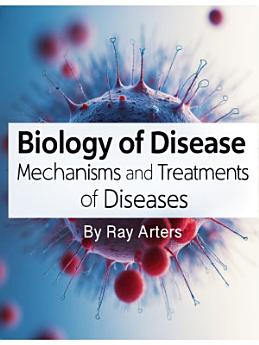Biology of Disease: Mechanisms and Treatment of Diseases
About this ebook
The concept of health itself provides the baseline against which disease must be understood. Health represents a dynamic state of physical, mental, and social well-being that extends beyond the mere absence of disease. At the cellular level, health requires the maintenance of homeostasis through countless regulatory mechanisms that keep cellular environments within narrow parameters compatible with life. Metabolic pathways must function efficiently to provide energy and building materials, DNA repair mechanisms must prevent the accumulation of harmful mutations, and immune surveillance must eliminate threats while avoiding autoimmune responses.
The transition from health to disease often begins with subtle molecular perturbations that gradually amplify into clinically apparent pathology. A single amino acid substitution in hemoglobin creates the misshapen red blood cells of sickle cell anemia, while the gradual accumulation of misfolded proteins in neurons leads to the progressive degeneration seen in Alzheimer's disease. These examples illustrate how minor molecular changes can have profound consequences for human health, demonstrating the exquisite sensitivity of biological systems to disruption.








